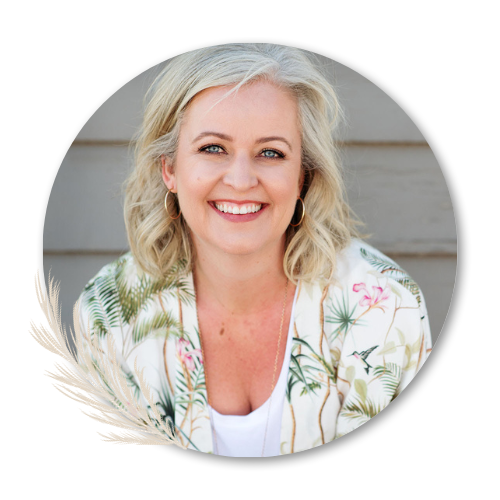
If you’re a human who’s been living on this planet for any length of time you’ve realized by now that not all of our relationships are always sunshine, glitter, and rainbows. That sometimes you encounter some really shitty people in your life (and you just can’t seem to shake ’em) or perhaps things started off great but ended horribly and left you wishing things had gone differently.
Maybe it was a parent who was physically or emotionally abusive. Or a sibling who always saw you as the enemy & undermined your every move. A close friend who crossed some major boundaries which caused the relationship to end. Or perhaps it was an ex who cheated on you.
Then you get the call that this ‘less than loved one’ has died (or even if they haven't died, stick with me). It immediately kicks up a ton of conflicting (yet completely normal) reactions and emotions. You begin to review your relationship with them and find yourself yearning for unrealized dreams, hopes, outcomes, or expectations. They leave us wishing our relationship with them had been different, more loving, more supportive, calmer or at least found a peaceful resolution.
Their death and the complicated relationship you had with them leads to a potent and confusing mix of emotions. Relief. Guilt. Shame. Peace. Sadness. Anger. Regret. Calm.
Oftentimes, we were unable to say what we needed to say. Any attempt at communicating our truth while they were still alive always turned into another argument. Another wound. Another horribly painful memory. We’re left replaying those scenes over and over in our heads for days or years afterward, desperately wishing for but unable to change the narrative or achieve a different outcome.
Any reminders of the ‘less than loved one’ (a song, a car, a movie) that we bump into sends us back to re-live the pain again and again.
Here’s the thing…
It’s NEVER too late to complete unfinished emotional business.
It’s never too late to grieve those unmet hopes and dreams and expectations. But you MUST be willing to do the emotional work of honouring the pain imprinted on your heart so you can finally communicate what you need to say.
It can be scary to do this work (full stop).
The thought of tracing the lines of those painful scars and memories can feel overwhelming. But if you’re walking around feeling like you’re always holding your breath or waiting for the next trigger, wouldn’t you want to be free of that constant anxiety? This unresolved grief and stress can cause us to hold back (out of fear or mistrust) with the relationships that we actually cherish the most and want to cultivate further.
The great news is you can complete YOUR PART of a relationship with a less-than-loved one. Whether they died years ago, died recently, or are still alive. Grief Coaching provides a proven path to resolving your grief.
It begins with a balanced remembering.
People are often idealized or demonized after death. Neither narrative is accurate or helpful. We need to recognize that there are 1625 shades of grey (approximate number 😉 ) that exist between the extremes.
Our society has taught us not to speak ill of the dead. It dates back to the 4th century (De mortuis nil nisi bonum – of the dead say nothing but good). Back then we believed that what we said about the dead affected the quality of their afterlife. But when it comes to less than loved ones we need to be honest. To pretend that they were a saint dishonours the difficult experiences we had with them. And if we do nothing but vilify them we remain forever a victim.
So how do you mix honesty with compassion (for those who are grieving) and speak truthfully about the dead?
Perhaps we can look to another centuries-old tradition (this time from yoga) and the 3 gateways of speech.
1. Is it true?
2. Is it necessary?
3. Is it kind?
1. Is it true?
2. Is it necessary?
3. Is it kind?
A great example of a balanced remembering is how President Obama’s spokesperson described Michael Jackson as a “spectacular performer” whose life had many “sad and tragic” elements. There was honesty without anger.
Or my friend, who eulogized a drug addict by saying they were all too familiar with his demons but now they were also choosing to remember the good in him.
Create Boundaries
Share your honest memories and conflicting feelings with those who have earned your trust.
Don’t share with someone who’s also in crisis dealing with this loss – they likely don’t have the bandwidth to handle your emotions too.
Don’t share on Facebook. Social media isn’t a safe space to have your feelings acknowledged (read this article on Karl Lagerfeld). And the support you receive there will be mixed at best.
Grief Coaching is a safe place to share your thoughts and sort through your feelings. It’s a framework that will help you complete YOUR part of the relationship with a less-than-loved one (living or deceased) so you can move forward without reliving painful memories or being haunted by how things might’ve been.
I would be honoured to take you through this process. You can find out more here.
 Love what you read here?
Love what you read here? Send to a friend or subscribe for more posts, perks, and inspiration!



























0 Comments